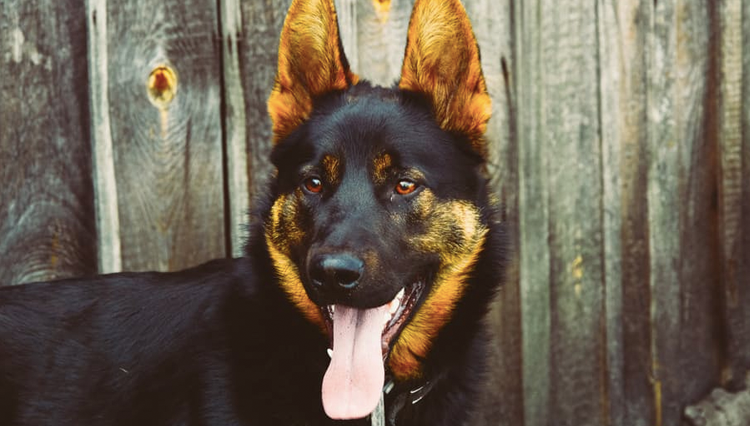Why do dogs lick?
They lick you to wake you up, after you take them for a walk, when you give them their favourite meal and even when you just laze around doing nothing. Have you wondered why your pet does that to you everyday?
Dogs lick us and other dogs for a number of reasons such as to show affection, submission as well as a medical condition to name a few. Here is why your pet chooses to slobber you with oodles of licks:
- They love the taste of you: Dogs enjoy the taste of salt in our skin, they can even get the taste of food particles from us. Since they are familiar with their caregiver’s scent they find it soothing and comforting. This releases endorphins, a hormone which makes them feel good.
- Grooming: Dogs lick to groom themselves just like cats. You need to observe them closely to see if they are licking their anal region excessively. If so, take them to the vet as the anal glands need to be expressed.
- Medical condition or a behavioural issue: Dogs that lick excessively at a particular spot or an object could be doing so if they are anxious or nervous. They could be suffering from anxiety or obsessive compulsive disorder. If they lick at a particular spot then it could be a sign of infection or an allergy and they need to be checked by the vet.
- Healing: Dog’s saliva have strong enzymes that ward off bacteria. They may lick themselves to clean dead tissues or clear dirt from their wounds. Most dogs would keep licking their wounds which further increases the infection.
- Communication: Dogs lick you to express a lot of things, it could be to say that they are hungry, to say they want to be friends and to even show their submission to you. Next time when your dog licks try to understand what they are trying to tell you, maybe they want you to refill their water bowl or they just want a quick cuddle.
- Affection: Dogs lick to show their love and affection to their caregivers. It makes them release endorphins which makes them feel calm and comfortable. If this sort of licking gets too much for you then you can ignore them and leave the room and they will learn that such behaviour makes you leave the room which is not what they want.
It is always a good idea to consult with your vet or a behaviourist for their professional advice and guidance.
Happy Parenting!

